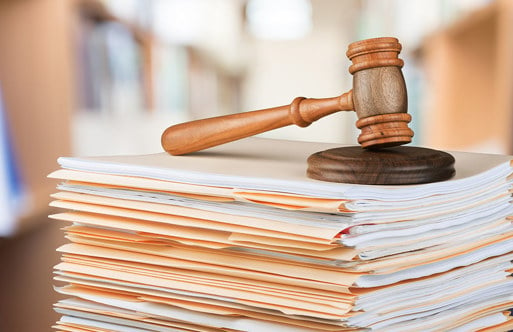With the advent and ever-increasing popularity of Apple’s iPhone, all of a sudden smart phones have become the must-have device for everyone, from teenagers who want to update their social media profiles to business people who need to make last minute amends to their slide show on the way to a meeting. This increased level of usage has lead to a huge upturn in the amount of data flowing from device to device and also the amount of personal and sensitive data.
Sensitive data can be classed as email addresses, emails themselves and of course the web fraudsters favourite, online banking details and passwords. In recent weeks it has been reported that web giant Google managed to inadvertently collect user data whilst collecting data for a completely separate purpose, namely their ever-expanding Google Maps and Street View functionality. If anything this proved how easy it can be to collect data that could lead to identity fraud or serious crime.
Smartphones not only transmit data, they also store masses of user data too making them a valuable commodity to any potential fraudster. As well as being of potential value wrong-doers, however, these same features also make them a valuable commodity to any specialist forensic investigator.
Forensic investigators are able to interrogate smart phones logically (ie the data in the device’s temporary memory) and physically (ie data permanently stored onto the device’s hard drive), although a logical dump will typically not recover as much information as a physical dump. Full reports on the logical and physical dumps can be produced within 3-4 hours and only a couple of hours longer if a passcode is present on the phone.
The data stored on iPhones that can be restored or retrieved forensically can include:
- deleted voicemail messages, pictures, emails, calendar events and text messages;
- deleted photographs will often be examined to ascertain where the photographs were taken and when coupled with the images meta information can be used to paint an accurate picture of where the user of the phone has been and when;
- iTunes history, application history and preferences can all be restored as well as any GPS data;
- Google Maps cache, which allows investigators to see a history of directions looked up on the phone;
- Typing cache. This means that an SMS or email message can be recovered even if the message was deleted before sending.
The sheer amount of data that is stored and kept on smartphones will alarm many and inevitably there will be privacy concerns. The fact that your phone’s passcode can be fairly easily hacked will be a concern for most people and others may be even more concerned that data such as online banking details can also be stored.
The UK government has caught onto the privacy concerns surrounding iPhones and has recently issued a decree that no official information is to be communicated via iPhones, advising that BlackBerry phones should be used instead. A general ignorance still seems to exist amongst the general public, however. As a result of this, more information and advice needs to be made available to iPhone users about this issue.
Some, however, particularly those who work in the field of forensic investigation, will point to the advantages of being able to recover such data. Not only can the data recovered be used to prove somebody guilty of a crime, it can also be used to prove that somebody is not guilty of a crime. For example GPS data recovered from a smart phone when coupled with other data such as CCTV may be able to prove that somebody was in the vicinity of a crime scene at the time that it happened. Conversely, it could be used to prove that an individual wasn’t there.
With 11.3 million iPhones having been sold in 2009 with this trend set to continue in 2010 with the launch of the new iPhone 4, it may be wise to look into ways that you can secure your phone against hackers and fraudsters. Without doubt it is a major advantage for those in the law enforcement industry to have additional ways of solving certain crimes but the innocent smart phone user still needs to find ways to protect their own privacy before they become a victim of crime themselves.

















